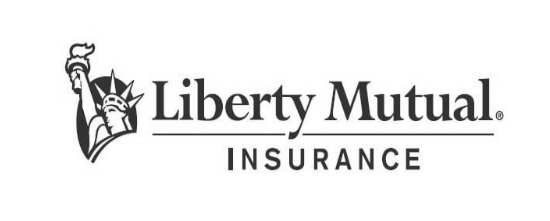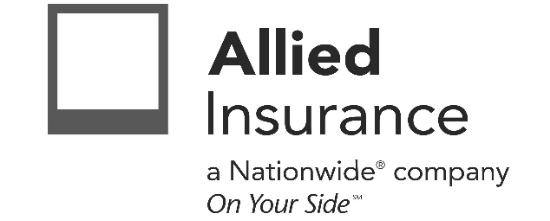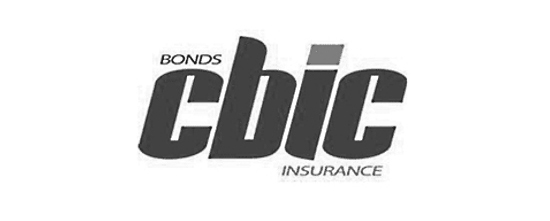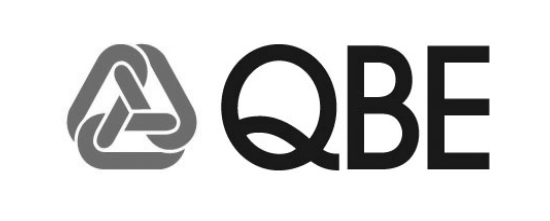Why Do Insurance Companies Ask About the Number of Cars in a Household?
We will search the top carriers for you for the best offer.












Insurance companies ask how many cars are in a household for several reasons:
Insurance companies inquire about the number of cars in a household for several reasons, as it helps them assess risk and determine insurance premiums more accurately. Here’s why this information is important to insurers:
1. Risk Assessment: The number of cars in a household can provide insights into the household’s overall level of risk. For example:
- Multiple vehicles may indicate that more people in the household are of driving age, potentially increasing the frequency of vehicle use and exposure to accidents.
- The types of vehicles (e.g., sports cars, SUVs) can impact risk, as some vehicle types are associated with higher accident rates or costlier repairs.
- Additional cars may suggest more extensive driving patterns, increasing the likelihood of accidents.
2. Usage Patterns: Insurance companies are interested in how the vehicles are used. Knowing the number of cars helps them understand:
- Whether some vehicles are primarily used for daily commuting, which can affect risk and premiums.
- If some cars are used for business purposes, which might require additional coverage.
3. Premium Calculation: Insurance premiums are often calculated based on the information provided about the household’s vehicles. A household with multiple cars may be eligible for multi-car discounts, which can help lower the overall insurance premium.
4. Underwriting Rules: Insurance companies have specific underwriting rules and guidelines for determining risk and pricing coverage. The number of cars in a household is one of the factors used in these calculations.
5. Fraud Prevention: Insurance fraud is a concern for insurers. Understanding the number of vehicles in a household can help insurers detect potential fraud or misrepresentation of information.
6. Policy Coordination: If multiple family members have their own insurance policies but live in the same household, insurers may inquire about the number of cars to ensure proper coordination of coverage and to prevent double-dipping on claims.
Overall, providing accurate information about the number of cars in a household helps insurance companies assess risk more precisely, determine appropriate coverage, and establish fair premiums for their policyholders. It’s important to be honest and forthcoming with this information to ensure that your insurance policy accurately reflects your household’s risk profile.
In short:
Risk Assessment:
- Accurate Risk Evaluation: The number of cars in a household helps insurance companies assess the overall risk. More vehicles can indicate higher chances of accidents, claims, and potential losses.
- Driving Exposure: Multiple cars often mean more driving activity, which increases exposure to risks such as accidents or theft.
Discount Eligibility:
- Multi-Car Discounts: Many insurance companies offer discounts for households insuring multiple vehicles under the same policy. Knowing the number of cars helps determine eligibility for such discounts, which can lower premiums.
- Bundling Policies: Insurance companies can offer additional savings when bundling car insurance with other types of coverage like home or renters insurance.
Coverage Customization:
- Tailored Policies: Understanding the number of cars helps insurers customize policies to fit the specific needs of the household. This can include setting appropriate coverage limits and deductibles.
- Policy Efficiency: Streamlining the insurance process for households with multiple cars ensures that coverage is comprehensive and efficiently managed under a single policy.
Driver and Usage Information:
- Driver Distribution: Knowing the number of cars helps identify how many drivers are in the household and how the vehicles are distributed among them. This information is crucial for accurate underwriting.
- Vehicle Usage Patterns: The number of cars can give insights into the usage patterns of each vehicle, such as primary commuting vehicles versus occasional use vehicles, which affects the risk profile.
Premium Calculation:
- Accurate Premiums: Accurate information about the number of vehicles ensures that premiums are calculated correctly, reflecting the true risk and providing fair pricing.
- Avoiding Underinsurance: Ensuring all vehicles in a household are covered prevents situations where a car might be unintentionally left uninsured, which can lead to significant financial loss in case of an incident.
Claims Management:
- Efficient Claims Processing: Having detailed information about the number of cars helps in efficient claims management and processing, ensuring quick and accurate settlements.
- Comprehensive Records: Maintaining comprehensive records of all vehicles in a household allows for better service and support in case of a claim.
We will find the best business insurance tailored to your needs. Read more…
Related Posts
Get a Right Insurance For You
SHARE THIS ARTICLE

Insurance Quote
Send the request and we will quote multiple markets to get you the best coverage and price.
We will compare quotes from trusted carriers for you and provide you with the best offer.
Protecting your future with us
Whatever your needs, give us a call, have you been told you can’t insure your risk, been turned down, or simply unhappy with your current insurance? Since 1995 we’ve been providing coverage to our customers, and helping people across United States.














